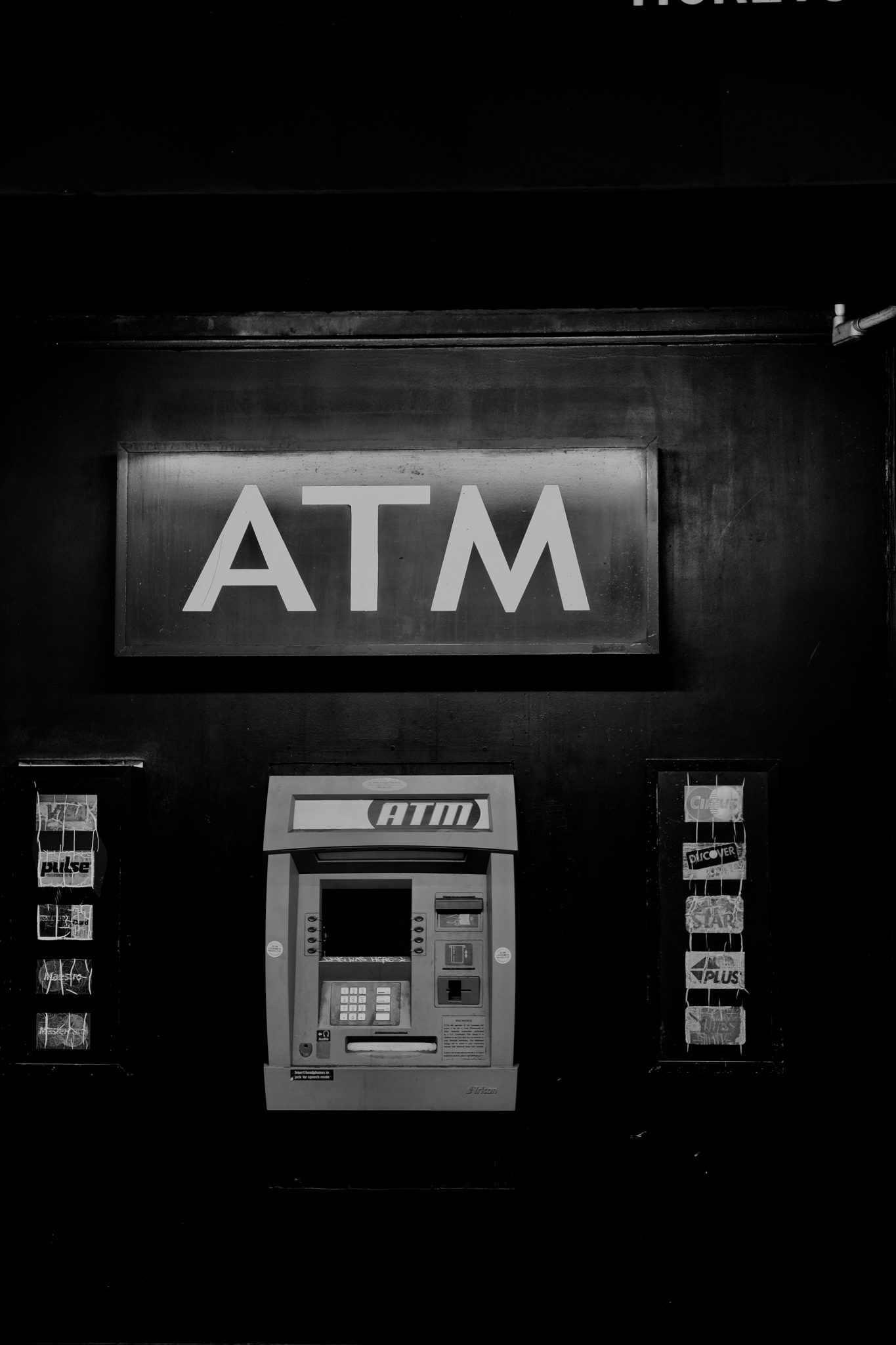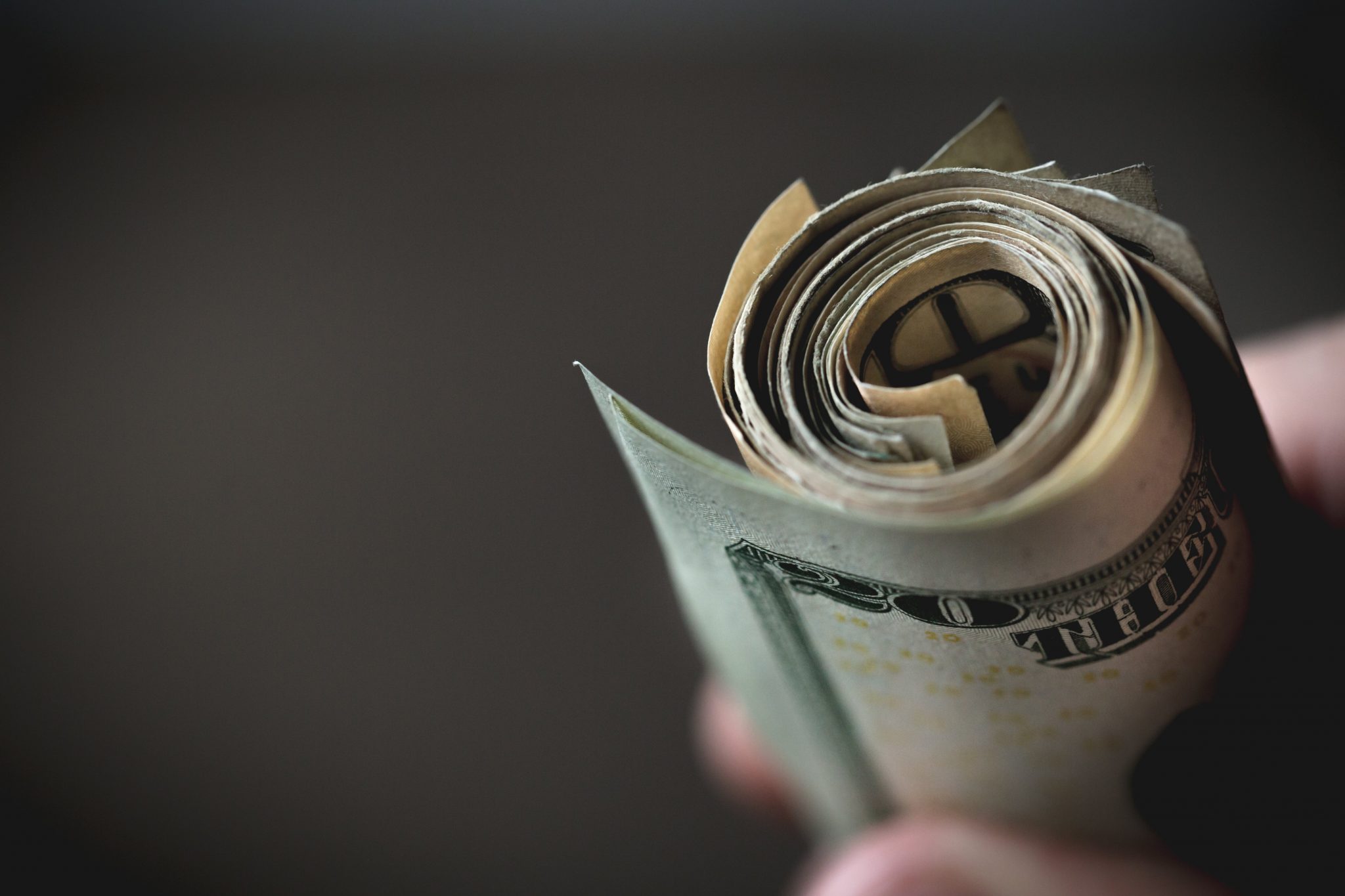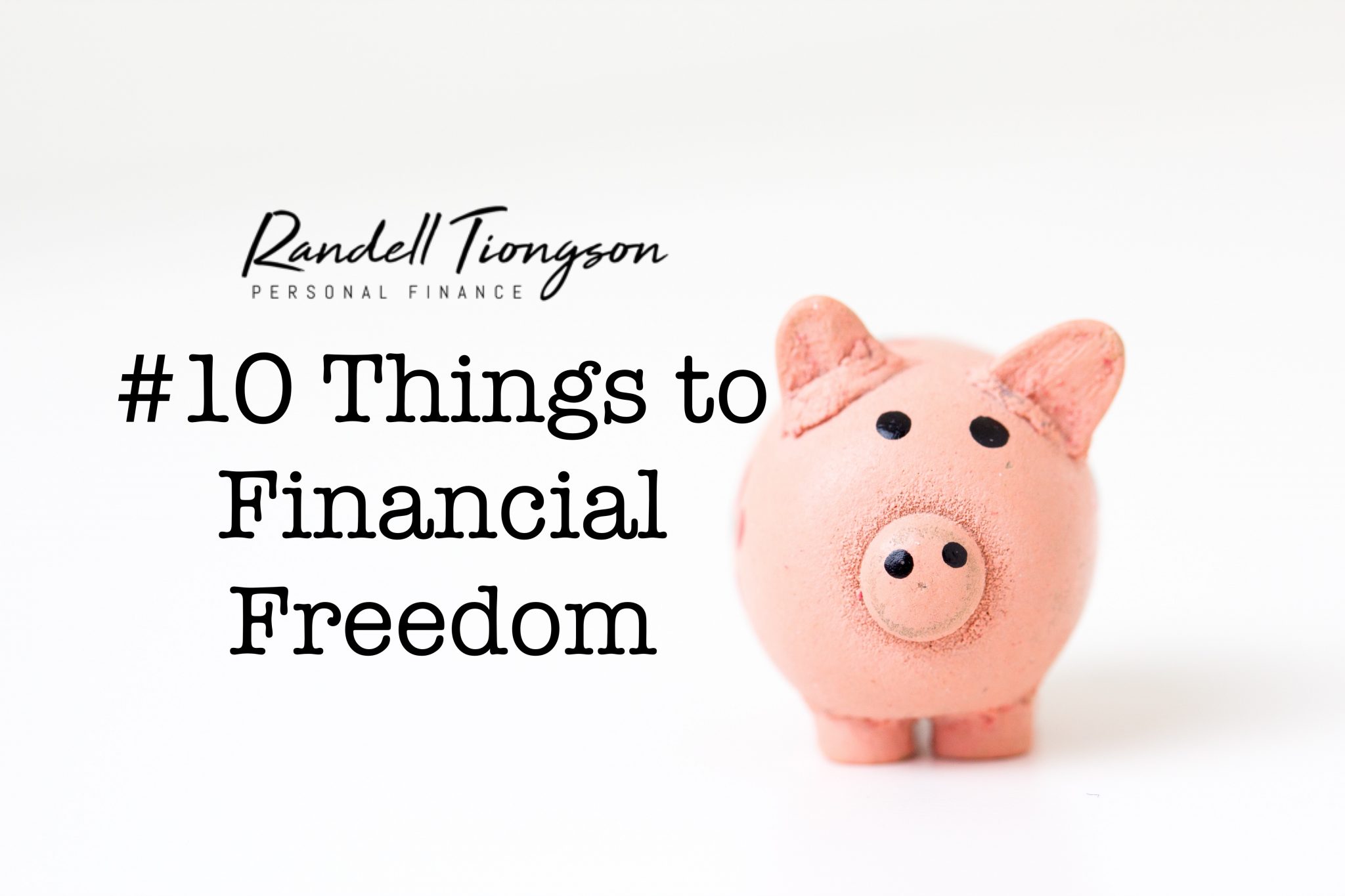Who owns your money?
By Randell Tiongson on June 19th, 2019

Who really owns our money?
When we work hard for something, we feel a sense of ownership over it. Whether we’re working for our salary or business, or raising kids at home, we see the results of our hard work as ours. But the truth is that the earth and everything in it belongs to the Lord. I have long accepted the truth that we don’t own anything—not our houses, our cars, our assets or investments. Everything we have is a blessing from the Lord, and what we do with it matters to Him.
Because our money belongs to God, we have a responsibility to manage it well. In Matthew 25, Jesus tells the story of a master who gave money to several servants. One servant did a bad job managing what he was given, so God took His money from that servant and gave it to another who had been diligent.
God trusts us to manage what we are given and to manage it well. When we prove ourselves trustworthy with what God has given us, I believe He can trust us with more! Next time you make plans with your money, remember that the Lord owns it and that will drastically affect your decisions.
Behold, to the Lord your God belong heaven and the heaven of heavens, the earth with all that is in it. – Deuteronomy 10:14, ESV
What is money?
By Randell Tiongson on May 8th, 2019

Most people think they know what money is, but the truth is they don’t. To most people, money is the paper that is in their wallet or the number in their bank account. While we call that money, it is actually not the truth about what real money is. Real money is invisible and cannot be seen. What we call money is a representative of money.
Money is value, and value is invisible. You can experience it, but you cannot touch or see it. The paper, or coin, or the number in the bank is a store of value. What we call money is an agreed upon system of storage of value. When you add value to society, by producing goods or offering services, money was invented to store that value, so that the next time you need to exchange your value for someone else’s value, then you can use money-stored value in form of paper, coin, or number to do so.
The problem with our money today is that sometimes it is not a true representative of value. Because the money system has been corrupted, there are people that know how to manipulate the system to print or manipulate the numbers to create “fake” money. Most of our money today does not represent actual value.
Therefore, in a world where the real money is used, anyone who wants to have money can do so. All they need to do is to produce some value that the society they live in needs, and money will come to them as people who have been producing value will exchange theirs for it. People miss this simple truth because they get blinded by the physical money instead of looking at the actual money, value. If you focus on actual money, it becomes easy to make money because all you need to do is scan through the society you live in and see the need and provide a service or product to fill that need.
However, we need to understand that it is not our money that determines our true worth and as they say, money is only a tool and not the end goal.
For where your treasure is, there your heart will be also. – Matthew 6:21, ESV
For the love of money is a root of all kinds of evil. Some people, eager for money, have wandered from the faith and pierced themselves with many griefs. – 1 Timothy 6:10, NIV
And he said to them, “Take care, and be on your guard against all covetousness, for one’s life does not consist in the abundance of his possessions.” – Luke 12:15, ESV
10 Things to do to build financial freedom
By Randell Tiongson on March 30th, 2019

Are you troubled with financial problems? Do you want to break free from financial stress? Here are 10 practical and helpful ideas that will help you achieve financial freedom and even more importantly, financial peace.
#10 Get a Grip on Desire
If you are feeling overly anxious and depressed, indulgent spending won’t make things better. In fact, after the initial rush of exhilaration, buyer’s remorse can set in and actually make things worse. So get a grip on unnecessary spending. After all: “Whoever loves pleasure will be a poor man; he who loves wine and oil will not be rich.” — Proverbs 21:17, ESV
Keep this in mind: it’s not the cost of an item that determines whether it’s an indulgence. It’s how much you need it. So before you make a purchase ask yourself this question every time, “Do I really need this?” If the answer is no, put it back and you will notice your pace quickens on your way to financial freedom.
#9 Forget About Your ‘Sosyal’ Friends & Relatives!
It may be that your luxurious friends and relatives are in debt too (and you can be sure they won’t give you money!) If you look at your their nice SUV, fancy bags, extravagant vacations or whatever it may be, and your wallet starts to tingle, remember what Solomon wrote in the bible: “Then I saw that all toil and all skill in work come from a man’s envy of his neighbor. This also is vanity and a striving after wind.” — Ecclesiastes 4:4, ESV
#8 Start Tithing and Keep on Tithing
If you don’t want to be ruled by money and possessions, then you must establish the mentality that God owns everything and that we are just stewards of what He gives us. Generosity is the antidote to greed, and generosity begins with a tithe. Generosity is also the trademark of a man who is not a slave to wealth.
A tithe is simply a first portion of our income that we give back to God. Proverbs 3:9, ESV says, “Honor the LORD with your wealth and with the firstfruits of all your produce.” In today’s language, that means we should give the “first of all our income.” And the word “tithe” literally means “a tenth (or 10%).” So, this is the amount I use as a guide for tithing.
Tithing says, “God, I trust you by giving to you first.” If you don’t trust God with your money, then you will trust in your money. I like what Winston Churchill said, “We make a living by what we get; we make a life by what we give.”
#7 Commit Yourself to Becoming Debt Free
It’s impossible to be spiritually free when you are financially bound. Financial experts like Dave Ramsey and Larry Burkett suggest to stop using your credit cards and pay for everything with cash debit card while you pay off your existing debt to prevent additional debt from piling up. And don’t get any more credit or credit cards until all existing debt has been eliminated. The same goes to other debt like personal loans.
“The rich rules over the poor, and the borrower is the slave of the lender.” — Proverbs 22:7, ESV
Debt-free living is still God’s plan for His people today, and the blessings of becoming debt free go far beyond the financial area. They extend to spiritual and marital realms as well.
#6 Save, Save, Save
“The wise have wealth and luxury, but fools spend whatever they get.” — Proverbs 21:20, NLT
Saving is making provisions for tomorrow. The easiest, most effective way to save is to simply do it every time you receive income. And be sure to save for both the long-term and the short-term. Long-term savings are intended to fund long-term needs such as retirement. Short-term savings should be in an account that is easily accessible for planned future spending like replacing appliances, making major home repairs and other emergencies.
#5 Spend Wisely
The old cliche’ is so true: Spend less than what you make! You will never be free from the money trap if you don’t apply that one simple rule. Dave Ramsey says that 90% of people in our culture buy things they can’t afford. That is staggering.
The most helpful tool to keep you from spending more than you make is to simply make a spending plan, also known as a budget. John Maxwell has the best quote I’ve heard on budgeting. He says, “A budget is people telling their money where to go instead of wondering where it went.”
#4 Invest Wisely
The best advice I have received when it comes to investing is to diversify. Ecclesiastes 11:2, NLT says, “But divide your investments among many places, for you do not know what risks might lie ahead.”
Never risk money you can’t afford to lose. It is probably not a good idea to make uninformed or hasty investment decisions, either. Do your homework, educate yourself and learn the investment game before you play it. Never invest in something you do not understand.
#3 Avoid Indulgences
As a responsible adult, we must learn to discern the difference between needs, wants and desires in every financial transaction we make. Before buying, determine whether the purchase is a need or want. For many years, when my wife and I were trying to get out of debt, we continually asked ourselves before we bought something, “Is this a need or a want?” Lots of small, wise decisions over a long enough period of time will be what gets you where you want to be.
#2 Gain Victory Through Vision
When asked if she knew of anything worse than being blind, Helen Keller once said, “Yes, being able to see and having no vision.” Dave Ramsey says, “The ability to see doesn’t mean having 20/20 vision; it means being able to have a clear picture of your vision and how you plan to achieve it.”
And the number one thing you can do to find financial freedom…
#1 Each Day, Pray Before You Pay
Emotional and spiritual balance will lead to financial freedom. So ask God to guide you and give you strength to follow the first nine steps. Don’t be resentful for what you don’t have. Instead, be grateful for what God has provided already. Financial freedom grows out of an attitude of gratitude.
Do not hesitate messaging me if you need me to pray for your financial freedom!




